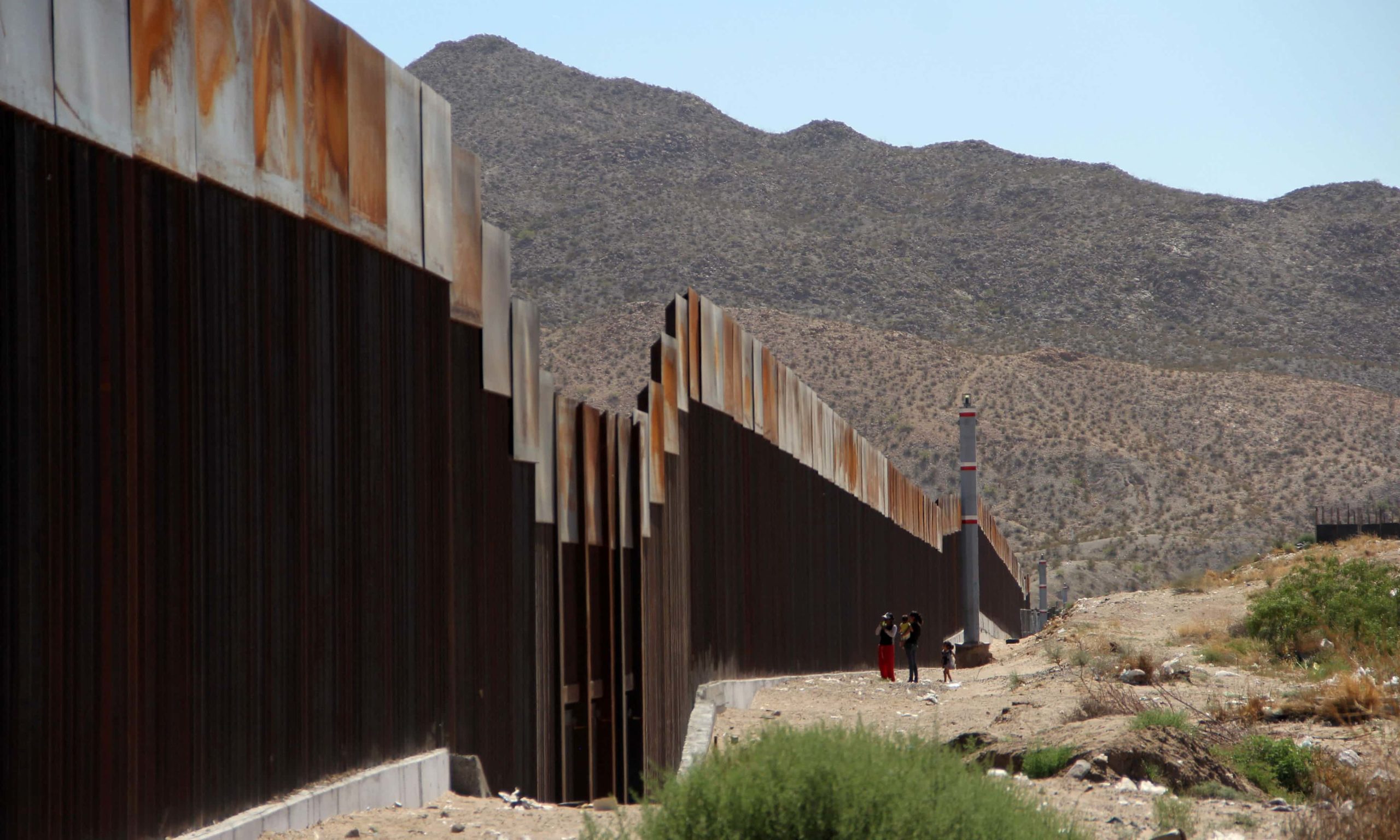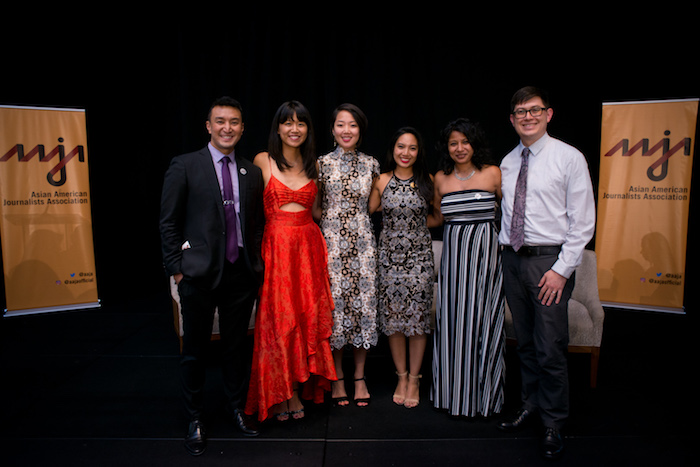In the latest from The CJ Project, reporter Sarah Macaraeg looks into abuses by the largest federal law enforcement agency, the US Customs and Border Protection (CBP), and the communities affected by their jurisdiction. Read the three stories published in the Guardian’s “Border Patrol File” series below.
 FATAL ENCOUNTERS: 97 DEATHS POINT TO PATTERN OF BORDER AGENT VIOLENCE ACROSS AMERICA
FATAL ENCOUNTERS: 97 DEATHS POINT TO PATTERN OF BORDER AGENT VIOLENCE ACROSS AMERICA
In the last 15 years, agents with Customs and Border Protection have used deadly force in states up to 160 miles from the border, from Maine to California. Encounters have proven deadly for at least 97 people – citizens and non-citizens – since 2003, a count drawn from settlement payment data, court records, use of force logs, incident reports and news articles. The federal government has paid more than $9m to settle a fraction of the incidents thus far. “Fatal encounters: 97 deaths point to pattern of border agent violence across America“ highlights eight of the many fatal encounters with CBP agents that happened inside the United States and the larger patterns of incidents to which they relate.
 BORDER PATROL VIOLENCE: US PAID $60M TO COVER CLAIMS AGAINST THE AGENCY
BORDER PATROL VIOLENCE: US PAID $60M TO COVER CLAIMS AGAINST THE AGENCY
The US government has paid out more than $60m in legal settlements where border agents were involved in deaths, driving injuries, alleged assaults and wrongful detention, an analysis of more than a decade of official data reveals. “Border patrol violence: US paid $60m to cover claims against the agency” looks into incidents from treasury payment records spanning from October 2005 to July 2017.
Photo by Mike Blake/Reuters
 ‘WE LIVE AS SECOND-CLASS CITIZENS’: WHAT IT’S LIKE TO FACE BORDER AGENTS EVERY DAY
‘WE LIVE AS SECOND-CLASS CITIZENS’: WHAT IT’S LIKE TO FACE BORDER AGENTS EVERY DAY
The third piece highlights the experiences of Jorge Rodriguez, who has had to encounter armed federal agents and their searches while going about his day. A US citizen, Rodriguez [pictured left] walked away from a spot in a PhD program in favor of organizing “Know Your Rights” trainings with the New Mexico American Civil Liberties Union. “I already live in a region where my mere existence is criminalized […] We live as second-class citizens,” he says.
Photo by Juan Antonio Labreche/CJ Project





Published by